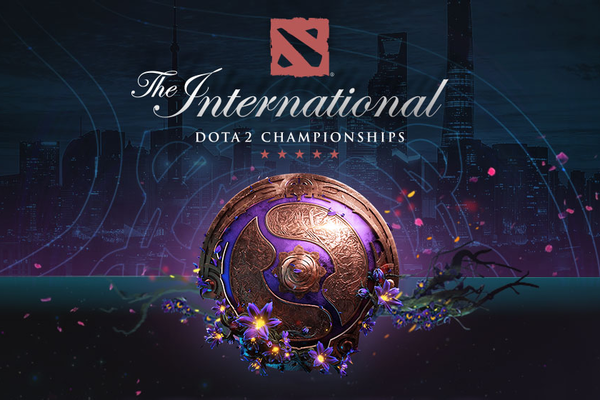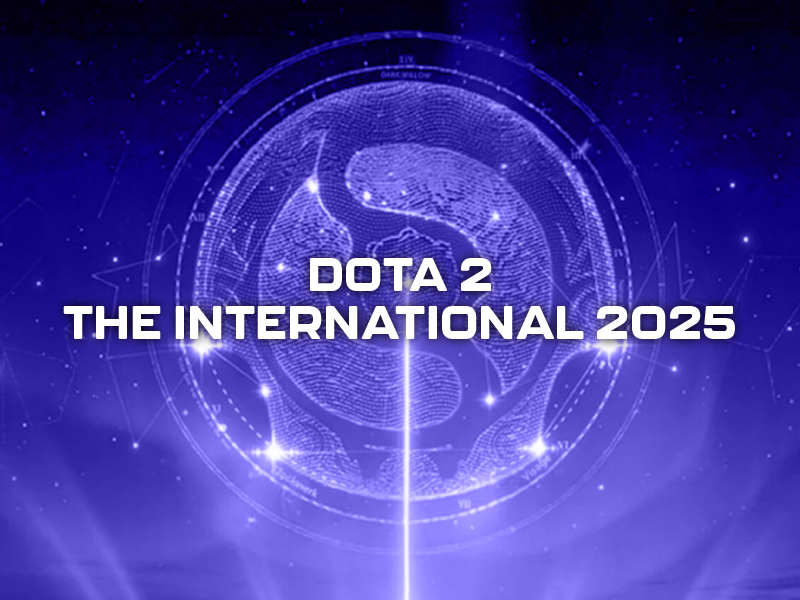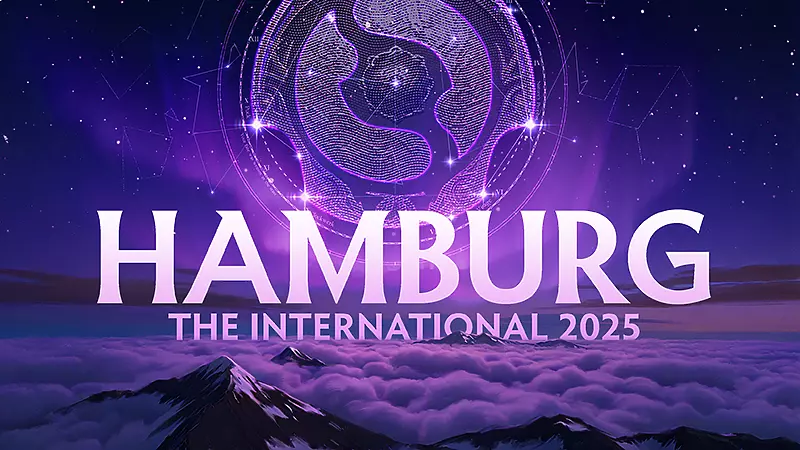The International 2025 comes to Hamburg with glory and expectation as thousands of Dota 2 fans gather in the Elbphilharmonie and neighboring places to watch the best teams battle for the Aegis of Champions. For over a decade, Western Europe has remained the region of magnificence in Dota along with its well known organizations and competitive framework. Having systems, a culture of analyzing, and deep ecosystems, Western Europe has achieved the greatest amount of TI titles. With the 2025 edition unfolding in Germany, the country associated with EU dominance raises the question of whether Western Europe can further add to its dominance or if a new wave of challengers will finally break its grip.
Western Europe’s Legacy of Excellence

Western European squads have crafted a reputation for versatility and precision ever since Natus Vincere’s heroics back in 2011. EU teams have showcased their uncanny ability to read the meta and execute complex strategies. From the methodical drafting of Alliance in 2013 to the blistering pace set by Team Liquid in 2017, it has always been about showcasing that ability. This legacy is well-supported by an infrastructure of weekly LAN tournaments in Poland and Germany, amateur-to-pro league systems, competitive bootcamps, and much more. Given this sort of liquid strength, there has always been not just one, but several contenders at TI, allowing Western Europe to dominate the group stages and obliterate the opposition in the late game.
This sort of steam position has never stayed static, with dominion being rare to sustain. The previous two internationals have witnessed EU finalists heartbreakingly reverse-swept by less predictable regions in a best-out-of-five scenario. As many have noted, there is a point in time where too much of something becomes detrimental. That is to say, over-familiarity leads to weaknesses being exploited by outsiders. As Hamburger 2025 looms near, veterans of Europe’s organizations need to rejuvenate their strategic arsenal in order to fend off would-be usurpers to the throne.
Meta Evolutions Violently Disrupt Business as Usual Representative Image
In the history of Dota 2, every single patch has marked a shift in the meta one way or another. The 7.35 update brought about a shift towards skirmish-tempo gameplay and an increase in mobile cores and jungle-centric heroes at the expense of strategic five-manning which EU teams historically mastered. In the following months, South America and Southeast Asia adopted these heavy jungler picks with aggressive early invasions winning lane matchups that EU drafts were slow to adapt. Meanwhile, China’s seasoned titans have doubled down on flexible mid-lane champions drafting late-game buffers that smooth any rough early skirmish.
Western Europe’s challenge in Hamburg is to recalibrate on the fly, coaches like Alliance’s stalwart captain have teased for surprise pocket picks for roaming supports and offlane enablers—heroes EU rarely prioritize in pro play. Transforming the domestic scrim meta against ingenious local silver scrim innovations into international triumph will require abandoning round the comfort zone hyper carry drafts in volative high-risk carry drafts. If popular teams fail to innovate beyond their defined playbooks, they broadly risk dying in the group stage tumble into the lower bracket gauntlet.
The Surge of Developing Areas
No discussion for TI’s upset potential is ever complete without the impactful emergence of new regions. The Philippines’ powerhouse squad has converted fearless aggression into tournament success through their level-two ganks that obliterate Western drafts. Brazil’s colorful underdog have baffled favorites with their mixture of mechanical flair and unorthodox item builds and North America’s leaner and faster-paced alliance was able to exploit sloppy rotations by EU opponents in best-of-one qualifiers.
These upstart teams come equipped with unmatched emotional fervor, as well as intense creativity in drafting, all born from having to fight an uphill battle domestically. When MSI 2025 was focused on SEA’s roaming-support resurgence, Europe’s observers outright dismissed it as a regional oddity only for those methods to be adopted en-masse in Eastern Europe’s DPC qualifiers. In Hamburg’s group stage, the wildcard influence is enormous: one early shock in the round robin can turn the entire bracket projection to favor one European team that could get slated into a lower-bracket elimination series. If the remaining representatives can maintain their confidence at the start of the week, they may have the chance to advance to the later rounds, where EU teams might for the first time in TI history find themselves on the defensive.
Major Western European Competitors in Hamburg
Even with these setbacks, some EU entities still remain beacons of TI brilliance. Team Secret is back with a roster blend of seasoned shotcallers and a rising star in solo-queue sniper renowned for his Alchemist and Spectre skills. The coach, an ex-TI finalist, is known for his in-tournament adjustment record that has stopped meta-shift kings. While OG fields a younger core that burst into the scene with mid-lane snowballing powerhouses and a hybrid captain that could swing heavily into the carry role with a penchant for farm over fighting, he has an adaptable hero pool. Finally, the ever-present Alliance have changed their offlane and support duo to more youthful, aggressive performers who add to the team’s legendary macro discipline.
All of these teams bear the expectation of a whole region alongside the burden of history. In practice drills, analysts observe that all three have aggressively experimented with emergent heroes like Dawnbreaker and Jade Prince, suggesting they will not fall behind on meta surprises. Will their group stage showing give them the promise, or will the combination of rust and complacency leave them dangerously exploitable to other regions cross-over strategies?
Navigating the Route to the Aegis

A Western European team needs to win its group for an easier upper-bracket quarterfinal. After this, they need to win at least two top-seeded best-of-five series, which must be fully executed mechanically and manually through outdrafting, adaptation, and capitalizing on momentum. EU finals have been forced into early elimination due to their strict adherence to the playbook, which becomes self-destructive when paired with inflexible strategies alongside the inability to counter-picking mid-draft.
Hamburg’s enthusiastic supporters will greet their champions gladly; however, they would also notice any fractures within the European front. This would shift if Secret, OG, or Alliance manage to make a grand final appearance, which heralds a renaissance of EU dominance. A surprise regional finalist, whether it is a keen SEA challenger or a daring Brazilian team, stands a chance to ruin the assumptions and mark a shift towards true global balance.





